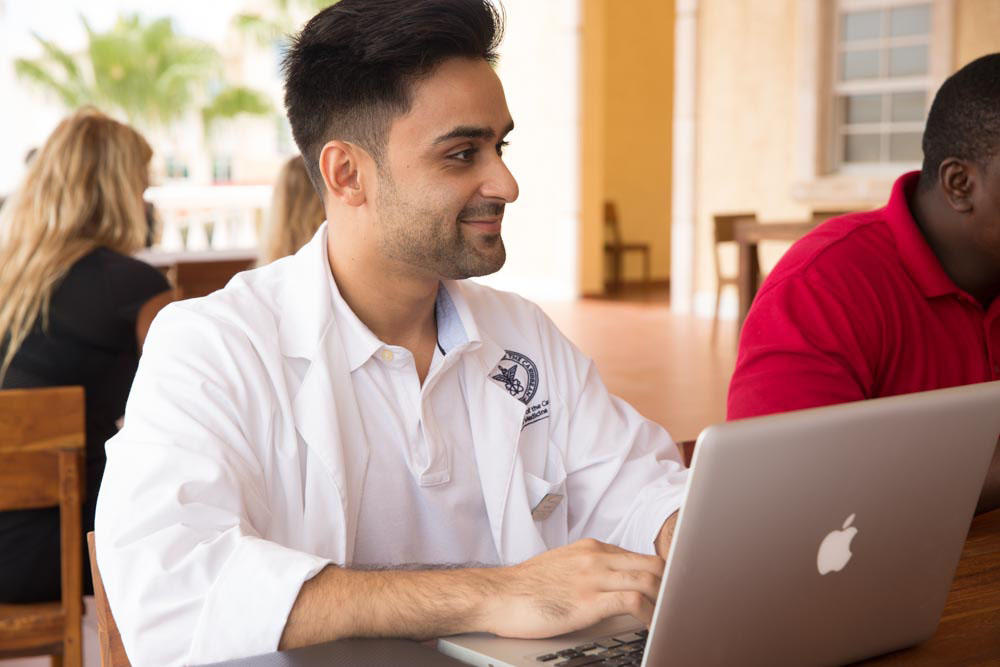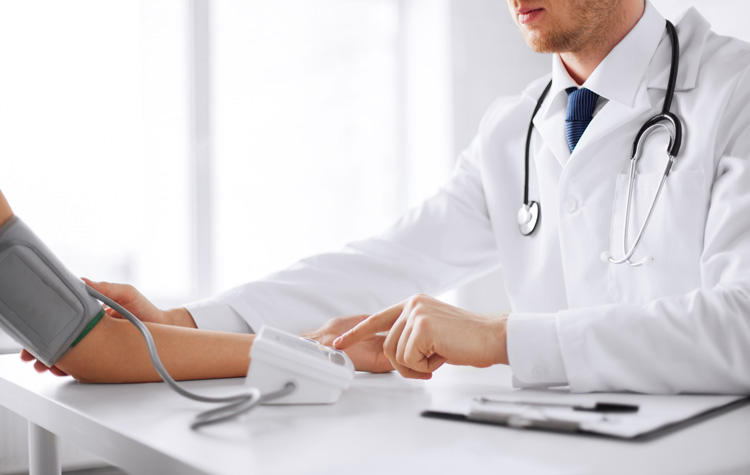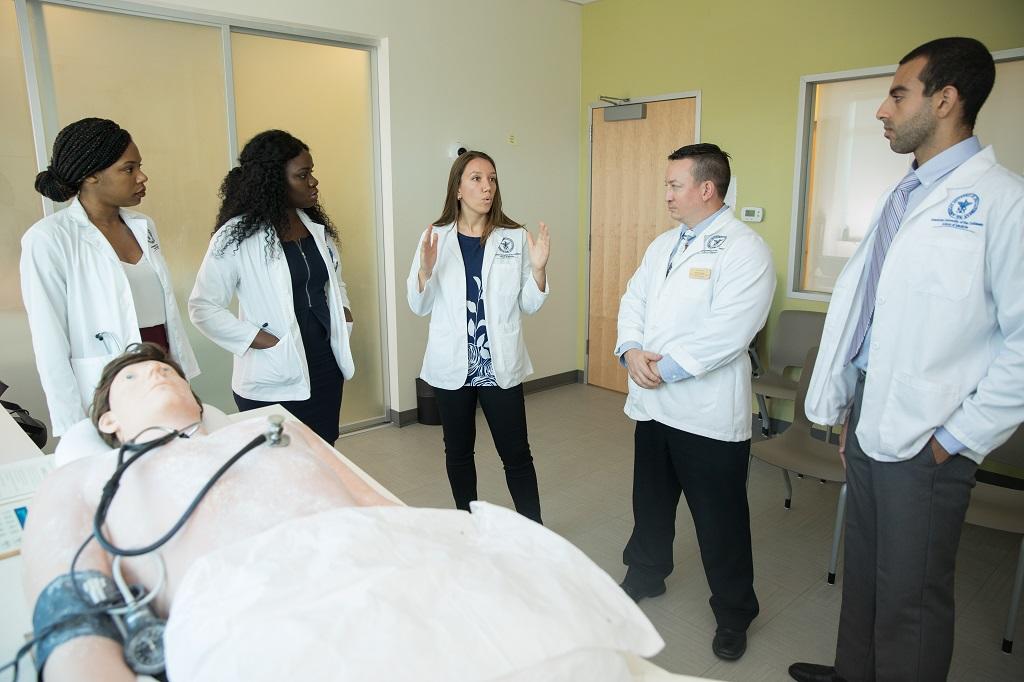Preparing for Medical School
1. Get work experience – of any kind.
Waiting tables teaches you how to build rapport and provide service. Work construction and you will see what hard labor does to the body over time. Make your way up to manager at a fast food restaurant and you will learn about managing processes, managing people, and setting standards. As a faculty member I was impressed by a first-year medical student who had an ability to connect with all types of people, establish an instant rapport, and get right to their real story. Did he have healthcare experience prior to medical school? No. “I bartended my way through college,” he said. “That made me comfortable with just about anyone.”
2. Broaden your world view.
If you grew up with missionary parents in Africa, then you have this one covered. But if you were like me, you grew up around people who looked like you, thought like you, or were the same socioeconomically. I encourage you to put yourself in situations where you have a chance to work alongside or at least engage in meaningful conversations with people who are different from you. If you have the opportunity to travel somewhere, do so, but don’t just show up and leave. Learn about people. Listen to their life stories and hear about their challenges and victories. By doing this you are taking on a most important task for every physician – uncovering your own hidden biases and embracing a much broader definition of normal.
3. Live away from home.
Preparing for medical school presents a challenge to your endurance, mental capacity, and commitment. You will be better suited to manage this if you are not also learning how to manage laundry, home repairs, meals, and the other basic components of being a human out on one’s one. If you have never had to do those things for yourself, you are missing a critical set of life skills. I’ve seen many students with high MCATs and GPAs completely flounder after arriving to medical school. For them, it’s not the academic load – it’s the rest of life that presents difficulties. Develop those skills and then come to medical school.
4. Prepare yourself academically with classes other than your science prerequisites.
Take your pre-requisites, do well, and take some advanced science classes, but try something different. There are many courses that can help you develop the mindset to become a good physician. Study another culture, language, or religion – start to get a sense of how to deal with a multicultural, multilingual waiting room. Take a visual arts class that sharpens the powers of observation that physicians rely upon. Take a class that builds communication skills either orally or in writing. I have asked many senior medical students what college course helped them most with how to succeed in medical school and the answers are interesting: African American Women Studies (from a white male), Speech (from an introvert), and the most common answer – Spanish.
5. Overcome something.
When I was in college I had Guillain-Barre Syndrome, a disorder in which the body’s immune system attacks part of the nervous system. I wouldn’t wish this or any other ailment on anyone, but it makes me think about how admissions committees look at your past experiences to see how you may react to the challenges of preparing for medical school. If you have never experienced a challenge or life has not yet thrown you a curve ball, you need to test yourself. Chances are, if you have done 1-3 above, you have been challenged – physically, financially, or emotionally, and this will be of great benefit to you as the challenges increase.
I always loved science as a young person and wanted to become a doctor from an early age, but I remember other experiences that helped to mold me: my first job at the Potato Parlor when I was 16, my mission trip experience with a Mexican community, and the simple act of dividing up household chores with my first college roommate. And I remember the disorder that knocked me down for a while but also taught me perseverance and humility.
I hope any reader of this who aspires to become a physician will keep this advice in mind. These five points are not just about improving your CV – they’re about gaining the experiences that all physicians must take on as their responsibility. And so yes, do the best you can on the MCAT and in your undergraduate courses, but also drive yourself to have the experiences and interactions on how to prepare and succeed in medical school that will truly prepare you for what physicians face today.




